Dokoka de haru ga
Dokoka de haru ga umare teru
Dokoka de mizu ga nagare dasuDokoka de hibari ga naite iru
Dokoka de me no deru oto ga suruYama no sangatsu kochi fuite
Dokoka de haru ga umare teruLyricist:MOMOTA Souji
Composer:KUSAKAWA Shin
in 1923
Somewhere, spring is
Somewhere, spring is being born
Somewhere, water begins to flow
Somewhere, a skylark is singing
Somewhere, the sound of sprouts emerging can be heard
In the March mountains, as the east wind blows
Somewhere, spring is being born

Overview of the Children’s Song “Dokoka de Haru ga”
Published in 1923 (Taishou 12), “Dokoka de Haru ga” is a children’s song that gently conveys the breath of spring. Characterized by elements such as the sound of flowing water and the chirping of skylarks (hibari), it subtly evokes the anticipation of spring’s arrival through small, natural changes. Because it was created during the Taishou era—when rigid school songs were gradually being replaced by more accessible children’s songs—“Dokoka de Haru ga” soon found its way into many classrooms and homes, where it has been widely sung ever since.
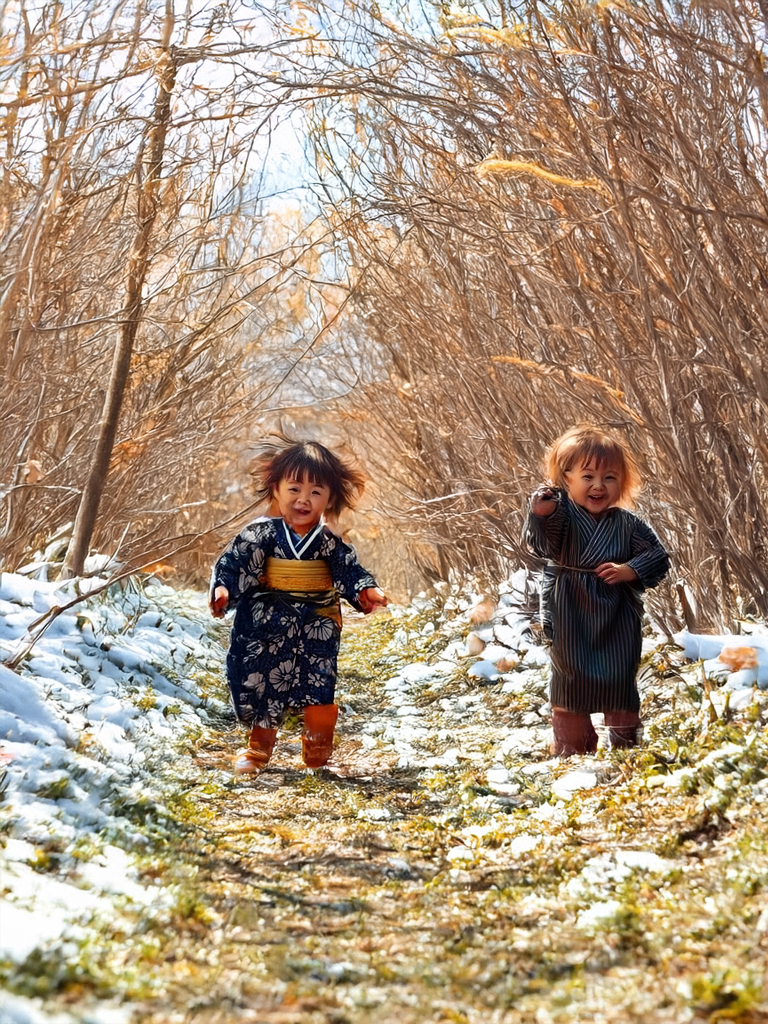
Taishou Democracy and the Birth of Children’s Songs
The Taishou period, when this song was composed, was marked by an intellectual movement known as **Taishou Democracy**, which emphasized liberalism and respect for individuality throughout society. In the field of education, there was a strong trend toward valuing children’s sensibilities. Magazines like *Akai Tori* (“Red Bird”) became cultural hubs where writers, poets, and composers inspired each other to create new children’s songs and stories. Within this vibrant environment, “Dokoka de Haru ga” emerged as a piece that straightforwardly celebrates the transition of the seasons, ultimately becoming a timeless favorite cherished across generations.
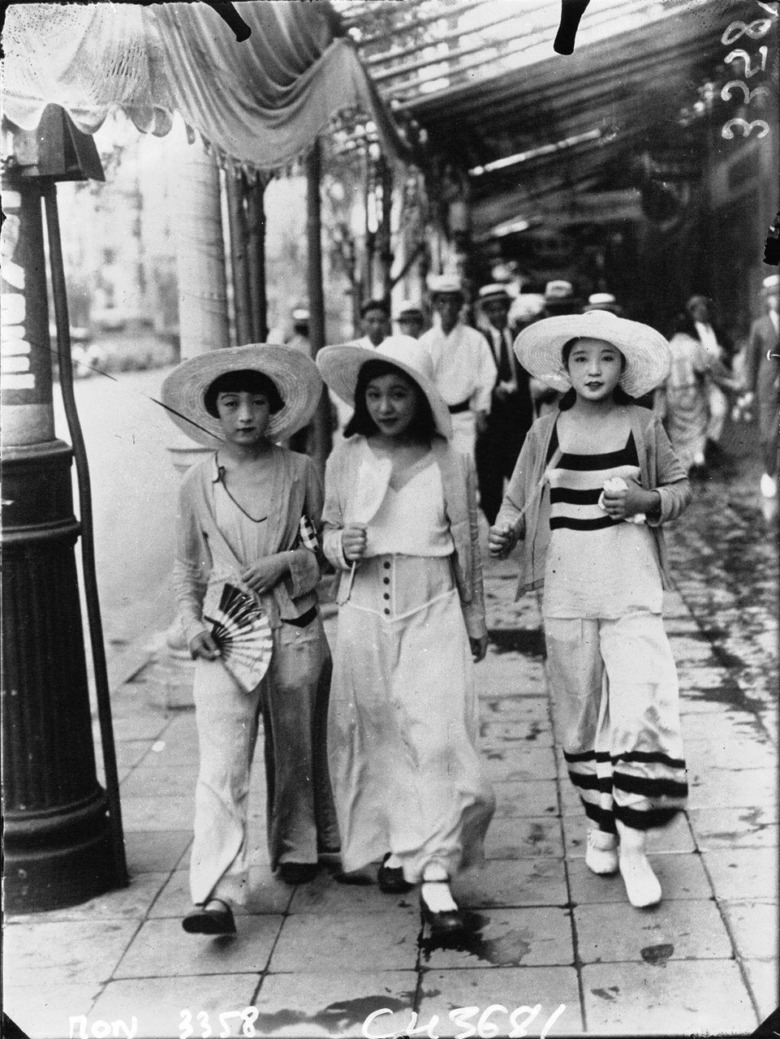
Image from Wikipedia, original image page
Depictions of Nature and the Meaning of “Kochi” (East Wind)
The lyrics are filled with elements that signal the coming of spring—from the trickle of melting snow and the sight of fresh sprouts emerging from the ground, to subtle sounds that stimulate the five senses. Of particular note is the term **“kochi,”** or east wind. Rather than just indicating a wind blowing from the east, the word also draws on the ancient Four Gods (Four Symbols) concept that associates spring with the east. During the postwar period, “kochi” was temporarily replaced with the more understandable term “soyokaze” (gentle breeze), but in recent years, there has been renewed appreciation for the original term’s cultural significance and for the distinctly Japanese sense of the seasons it conveys.
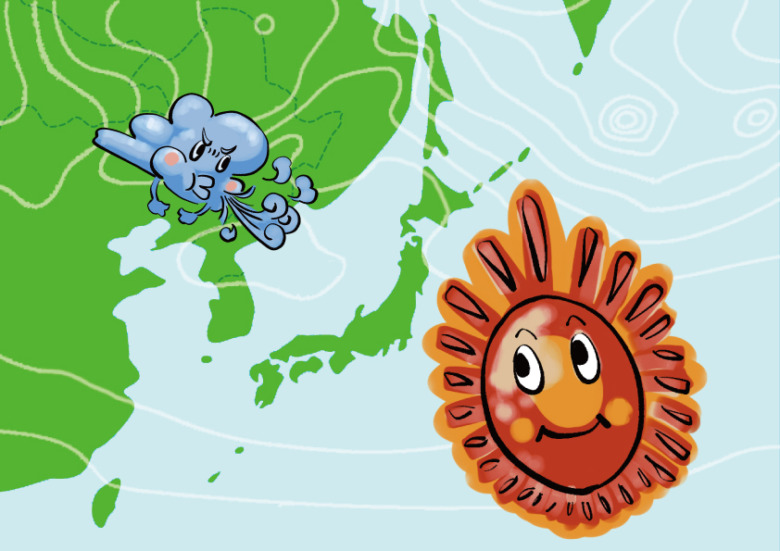
Lyricist MOMOTA Souji and Composer KUSAKAWA Shin
The lyrics of “Dokoka de Haru ga” were written by Momota Souji, a poet and children’s literature author born in Osaka City. Active from the Taishou through the Shouwa eras, he was known for his “people’s poetry” style, leaving behind numerous works that highlight the importance of children’s perspectives. Meanwhile, KUSAKAWA Shin, the composer, hailed from Kamiminochi District in Nagano Prefecture (now around the Nagano City area). Also celebrated for songs like “Yuuyake Koyake” and “Yurikago no Uta,” he excelled at creating simple yet memorable melodies for children. In “Dokoka de Haru ga,” KUSAKAWA distilled the gentle atmosphere of spring into a short, easy-to-sing tune. Their collaboration produced a song in which tender lyrics and melody harmonize beautifully, and it continues to be embraced as a quintessential symbol of spring in Japan.
▼It is the birthplace of the composer, KUSAKAWA Makoto, and has a monument to him.
▼The lyricist, Momota, was also considering permanent residence in an evacuated area during the war. Many of his belongings have been left behind.

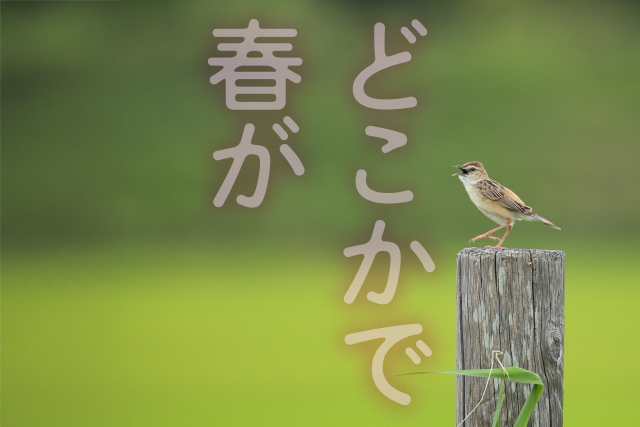
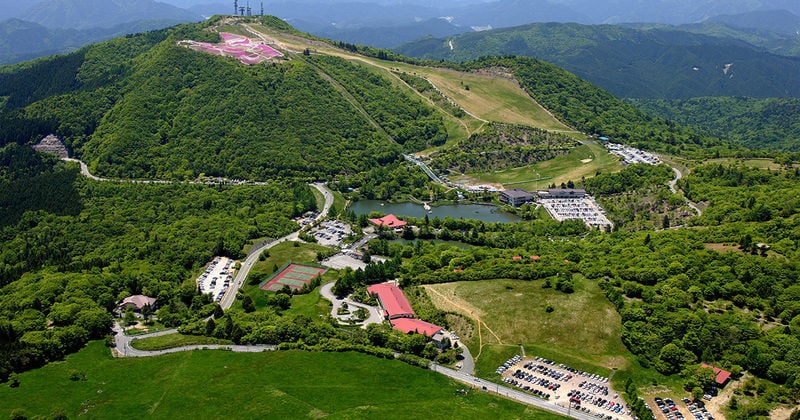


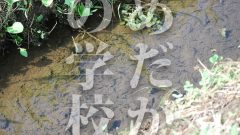
コメント